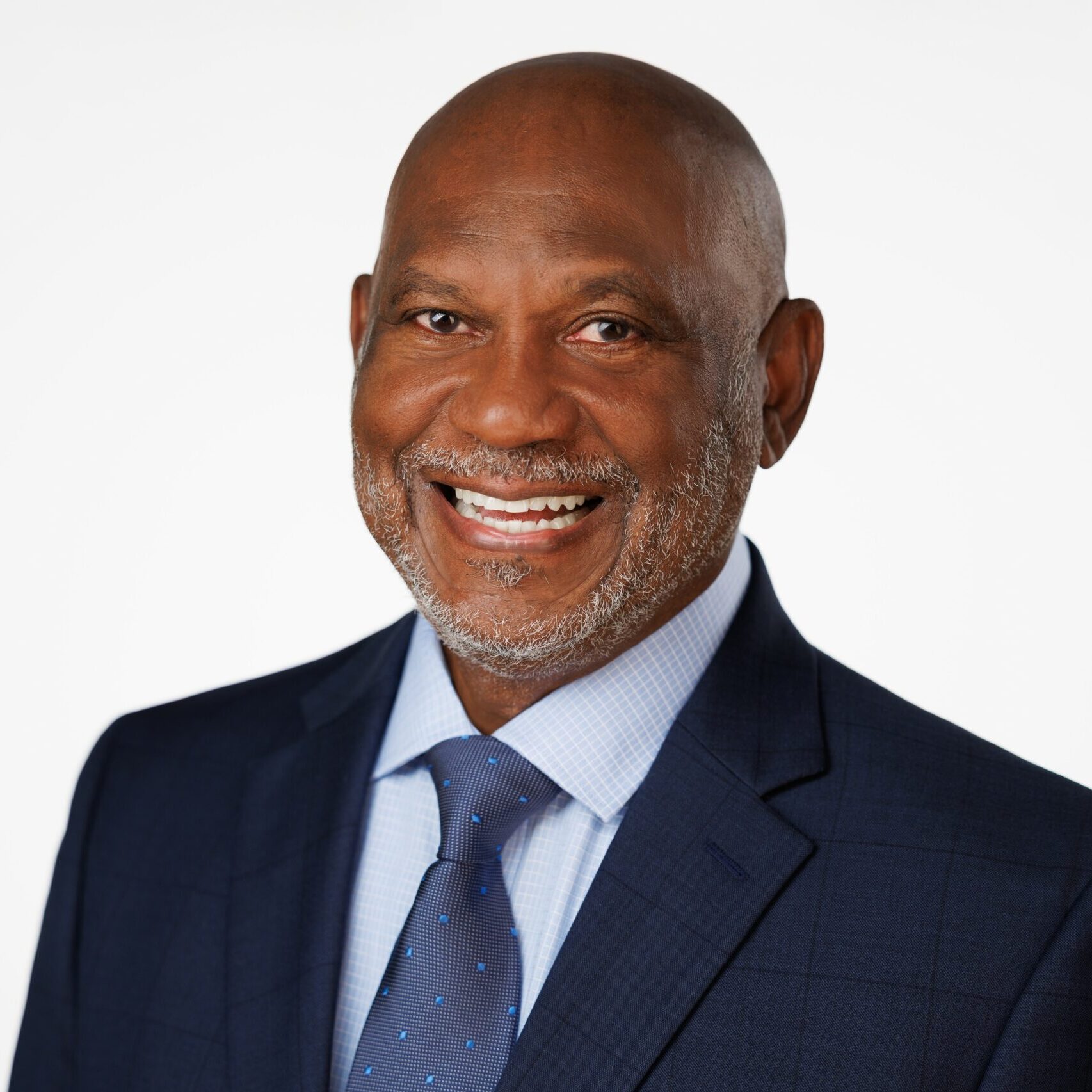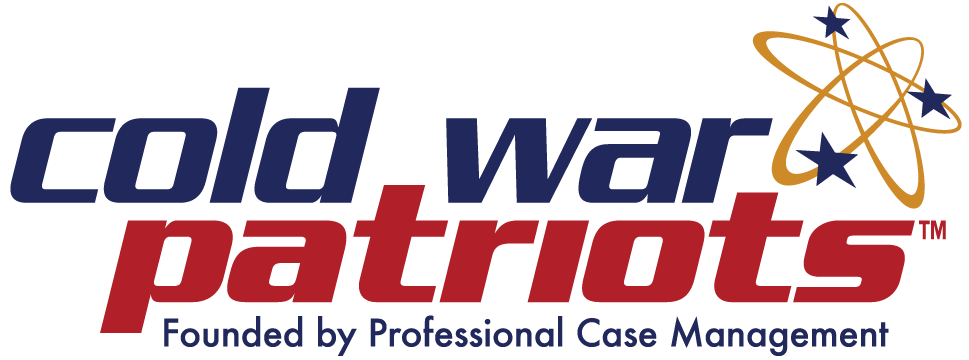
CWP News | CWP
Expert Voices: Malcolm Nelson, Former EEOICPA Ombudsman
November 15, 2023
November 15, 2023
CWP
CWP News
 I’m Malcolm Nelson, retired Ombudsman for the Energy Employees Occupational Illness Compensation Program Act (EEOICPA), as well as the Radiation Exposure Compensation Act (RECA). I’ll be sharing insights with this community about the EEOICPA program and other important issues related to the vital work that Americans did in the nuclear weapons and uranium industries to keep our country safe and secure. In this first article, I’ll discuss how I became the EEOICPA Ombudsman, and talk a little bit about what the Office of the Ombudsman does. But first, a little bit about my work history.
I’m Malcolm Nelson, retired Ombudsman for the Energy Employees Occupational Illness Compensation Program Act (EEOICPA), as well as the Radiation Exposure Compensation Act (RECA). I’ll be sharing insights with this community about the EEOICPA program and other important issues related to the vital work that Americans did in the nuclear weapons and uranium industries to keep our country safe and secure. In this first article, I’ll discuss how I became the EEOICPA Ombudsman, and talk a little bit about what the Office of the Ombudsman does. But first, a little bit about my work history.
Early Years with the Benefits Review Board
When I graduated law school, I accepted a job with the U.S. Department of Labor (DOL). Little did I realize that I was beginning what would become a 40-year career with DOL. I began this career as a staff attorney with the Benefits Review Board (BRB), a board that reviews decisions, and issues decisions on appeals of workers’ compensation claims arising under the Longshore and Harbor Workers Compensation Act, as well as the Black Lung Act. During my 28 years with the BRB, I served in every legal position available at that agency. Thus, in addition to staff attorney, I also served as an attorney supervisor; supervisor of the Motions Branch; General Counsel; and Acting Administrative Appeals Judge. Serving in these various positions provided me with a broad range of experience with two federal workers compensation programs and prepared me well for my next professional step.
Becoming the EEOICPA Ombudsman
The knowledge and experiences that I gained while working with the BRB became a valuable asset when, in 2007, I was appointed as DOL’s Ombudsman for EEOICPA, a compensation program protecting the interests of energy workers who were injured or became ill on the job. The Office of the Ombudsman (the Office), which was created by Congress in 2004, has four specific duties:
- To provide information to claimants and potential claimants on the benefits available under Part B and Part E of the EEOICPA, and on the requirements and procedures applicable to the provision of such benefits.
- To provide guidance and assistance to EEOICPA claimants.
- To make recommendations to the Secretary of Labor regarding the location of resource centers for the acceptance and development of EEOICPA claims.
- To carry out such other duties as the Secretary of Labor specifies.
The EEOICPA also requires the Office to submit an annual report to Congress setting forth:
- The number and types of complaints, grievances, and requests for assistance received by the Office during the preceding year; and
- An assessment of the most common difficulties encountered by claimants and potential claimants during the preceding year.
Advocating for Nuclear Weapons and Uranium Workers
In order to submit its annual report to Congress, the Office needs input from current and former workers who have submitted claims for work-related illnesses and injuries. Thus, the Office spends a lot of time listening to members of this community who contact them. And while the annual report is required to set forth the number and types of complaints, grievances, and requests for assistance, the Office also wants to hear the positive news about the program. In fact, the willingness to listen is, in my opinion, the most important service provided by the Office.
Many of the people who contact the Office find it difficult to concisely state a complaint or grievance, or to specifically identify the assistance they need. Instead, to explain their concerns/needs, the people who contact the Office often find it best to talk about their experience with the program. The Office prides itself on its willingness to listen to what people have to say, and can be contacted by telephone, email, regular mail, or fax. Moreover, to reach as many people as possible, the Office also holds its own town hall meetings and tries to have a representative available at some of the EEOICPA-related town hall meetings and other events held around the country – a real commitment when you realize that the Office has generally operated with a staff of between 5 to 7 people.
And the Office is always exploring new ways to reach more people. For example, in addition to attending events sponsored by retirement and support groups, the Office has worked with groups to receive and answer questions submitted by their members. Yet, no matter how the Office is contacted, the input that it receives is “counted” in the annual report, and this in turn enables the Office to highlight to Congress the number, as well as the range of issues raised by claimants and potential claimants during the year. The Office also uses the input that it receives to identify and assess the most common difficulties encountered by claimants and potential claimants during the year.
DOL’s Accountability to EEOICPA Claimants
With respect to the Office’s annual report, it’s important to note that the DOL is required to respond to this report. The EEOICPA provides that, no later than 180 days after the submission of the Office’s annual report, the Secretary of Labor is to submit to Congress in writing and post on the public Internet website of the DOL, a response to the Office’s report. In this response, the Secretary of Labor is to:
- Include a statement of whether the Secretary agrees or disagrees with the specific issues raised in the Ombudsman’s report;
- If the Secretary agrees with the Ombudsman on those issues, describe the actions to be taken to correct those issues; and
- If the Secretary does not agree with the Ombudsman on those issues, describe the reasons the Secretary does not agree.
This provision ensures that DOL considers and responds, in writing, to the specific issues raised in the Office’s report, and this can be invaluable for those who want to understand why certain actions were taken, or not taken. The Ombudsman and DOL take their commitment to workers seriously. They do hold themselves accountable to the claimants they serve, and will listen and respond to concerns and questions about individual EEOICPA claims. In my next article, I’ll talk a bit more about the most common types of requests the Office receives, and touch on some strategies that you can use to improve the odds of getting your claim approved.
Do you have questions about your White Card claim?
Contact us today – we’re happy to help!
Please call our Outreach Help Center at 888.903.8989 or complete the form below so we can help you with your questions.
